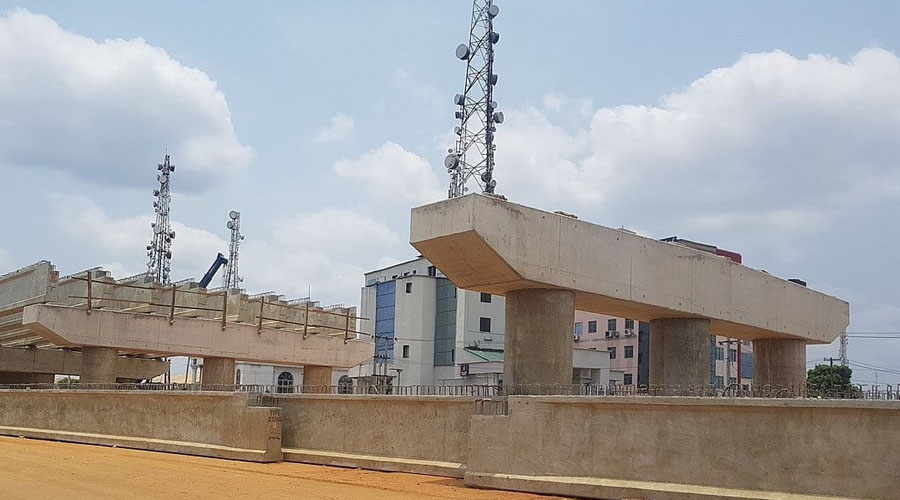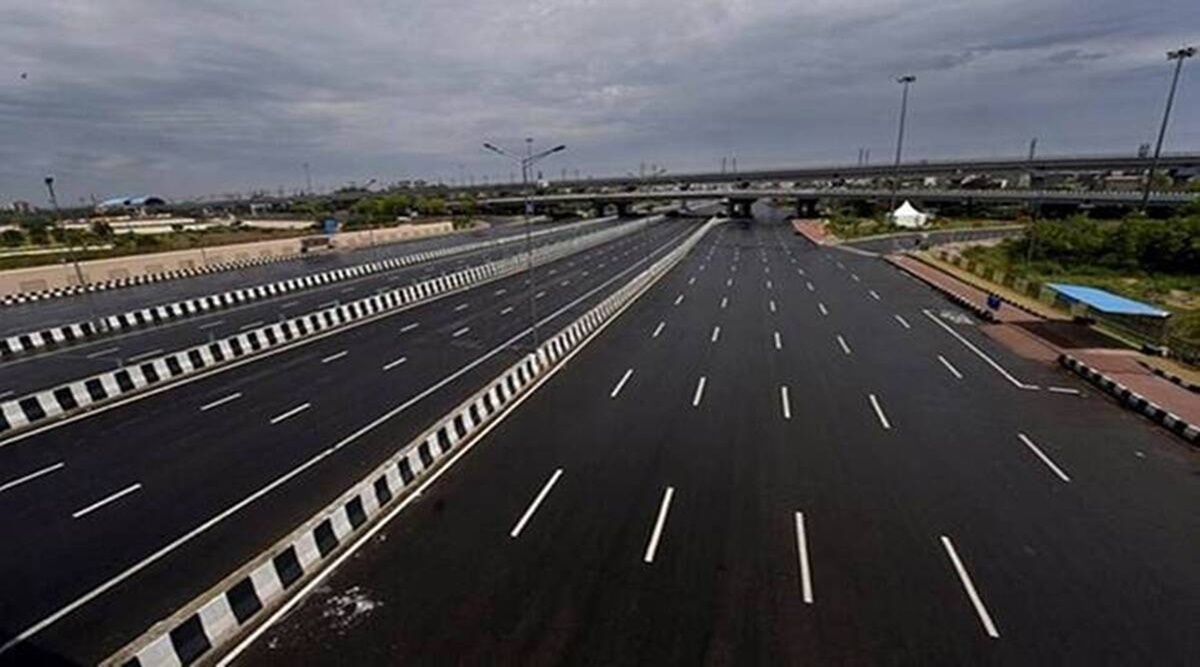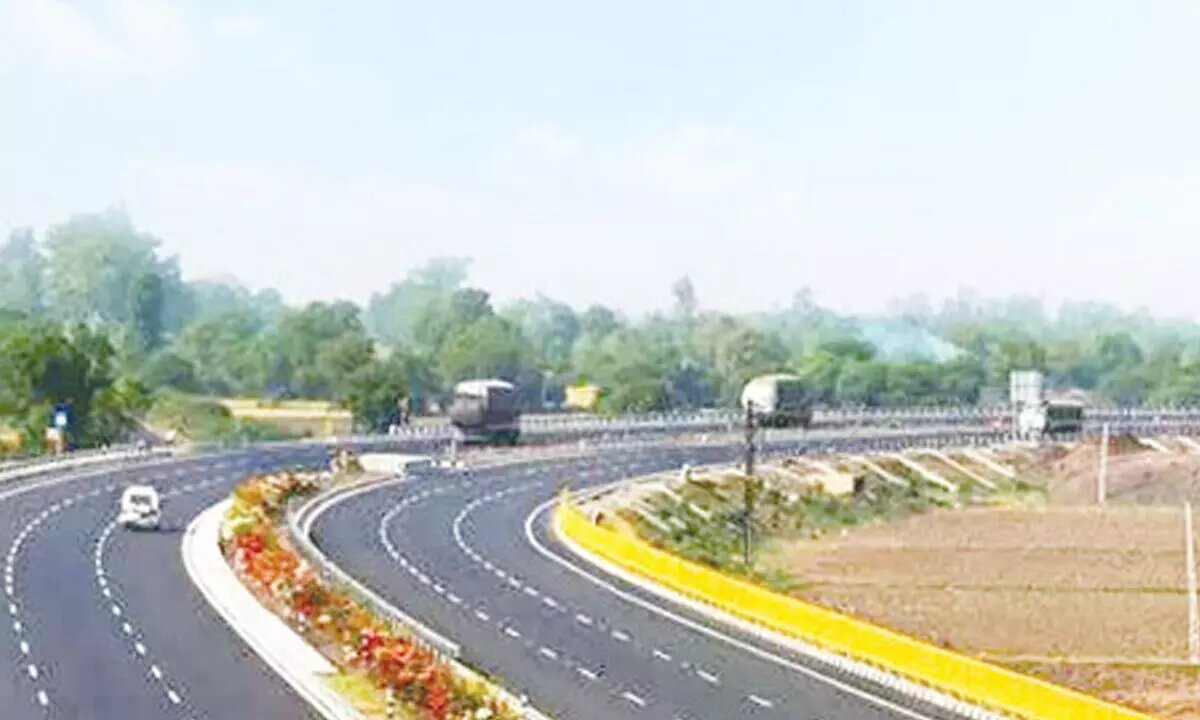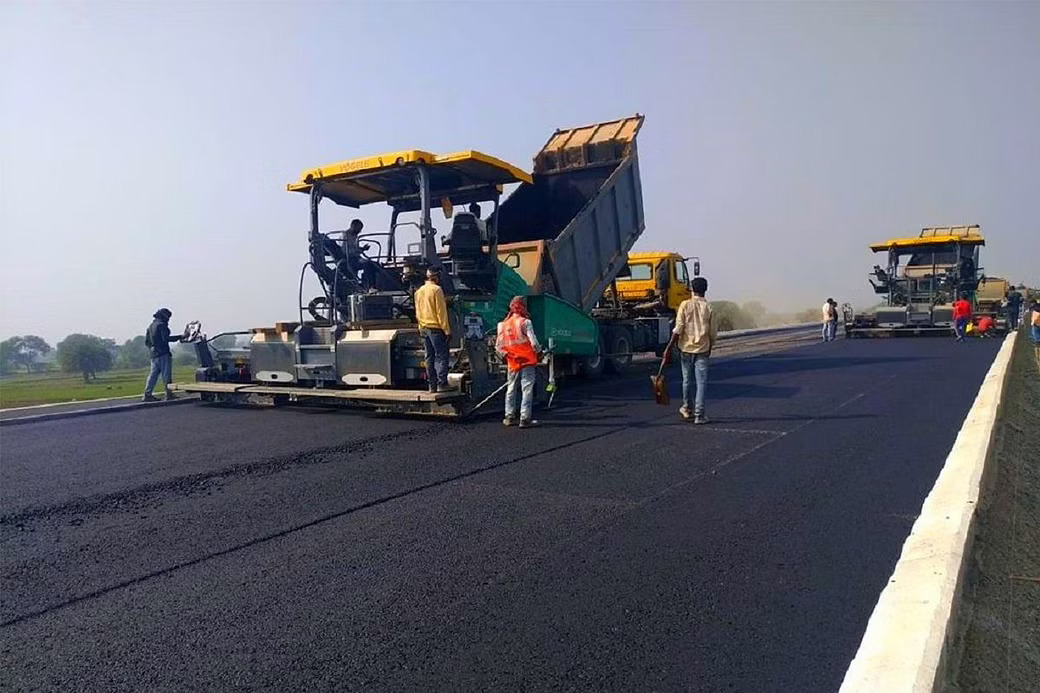
-
 CIVILBABA
CIVILBABA
- 30-Jun-22
How Technology transforming the Construction Industry in India?
Construction has always been an industry that is closely associated with technological innovations. From the use of steel and concrete to the development of new techniques, construction has seen more changes in the last century than any other industry. The introduction of new technologies in construction is a natural progression. Construction Industry sector in India is rapidly adopting digitalization, which is making it easier to build infrastructure projects. With the help of technology, Indian engineers are able to design and build projects faster and cheaper than before. Digitalization also provides them with a way to manage their work more efficiently by eliminating paperwork and manual processes.
The technology revolution has helped this sector to grow exponentially, as it has facilitated many processes and made them more efficient. Digitalization is not just limited to construction, but it's also helping other sectors like civil engineering, architecture and design with their workflows.
The construction sector in India is undergoing a revolution with new technologies emerging to provide solutions to some of its age-old problems. With these new technologies, it will be easier for Indian companies to compete globally with more efficient processes and more innovative designs
1. Usage of drones
Be it the construction of a sprawling township or a skyscraper, effective monitoring and tight vigil are a sine-qua-non. Moreover, humans have their limitations. This is where the revolutionizing Drone technology steps in. Automated drones are very useful and easily navigable within the perimeter of the project. With high precision cameras, the capacity to fly for hours at length and HD recording of the events make drones a sharp supervisor. Drones are proving immensely beneficial in cases of hazardous or dangerous site conditions.
2. BIM(Building Information Modelling)
The construction industry has witnessed an exponential rise in the usage of 3D and Building Information Modelling software (BIM) lately. The BIM software allows the stakeholders to have a detailed, accurate yet virtual model of the under-construction or proposed building.
3. 3D modelling
3D modelling allows engineers and architects to generate an automated project cost sheet and saves a lot of time. BIM software and modelling help in efficient sequencing, deep insights and cost and time involved in each project construction stage.
4. Prefab technology
The awareness towards reduced carbon emission has given a major Philip to the sustainable construction techniques. This trend has given rise to pre-fabricated and ready to shift blocks which can replace a wall or a beam. Interestingly, these blocks are made of recycled construction waste, and recycled waste or plastic. In terms of cost, they are available at 60 percent of the cost of traditional materials. Although used at a limited scale at present, developers are increasing their usage in non-residential structures. Prefab blocks emit less carbon while manufacturing and are environmentally friendly.
In addition to this, many startups have started offering ready-to-assemble homes which will trigger a whole new era of construction.
5. Construction management platforms
When the world is adopting a tech-enabled approach in every field, how can the construction sector be left behind? The usage of construction management software which is being provided as Software as a Service (SaaS) is increasingly gaining pace.
Inefficient tracking and monitoring of a project lead to significant losses of man-hours and material. This eventually adds to the project cost and resources are left underutilized. The project management platforms are resolving this problem.
Leading software companies are offering end-to-end construction management software for the construction industry. With a mobile-first approach, these applications ensure seamless communication and collaboration among project managers, site workers and owners. These apps relay a real-time information about the sites to the managers.




